By Chen Tianhao
On Jan. 20, Donald J. Trump will officially become the 47th President of the United States, and reports have surfaced about his intentions to withdraw from the World Health Organization and also the Paris Agreement. Additionally, tariff increases remain a cornerstone of Trump's trade policy toward China. Centered on the principle of "America First" during Trump’s first term, his administration has employed a range of measures, including high tariffs, technological blockades, investment reviews, and economic sanctions, aiming to undermine China’s international competitiveness and promote economic "decoupling" between the two countries.
In the latest W.E. Talk, Kyle Ferrana, author of Why the World Needs China, and Huang Rihan, professor of the College of International Relations and dean of the Maritime Silk Road Institute of Huaqiao University, were invited to discuss certain topics including possible changes of the China-U.S. relations and China’s responsibility amid the trend of deglobalization and protectionism.
In Ferrana’s view, globalization can't be undone, so both China and the U.S. need to figure out how to make it work in a positive way that works for everyone. And Huang noted that China's internal development and economic resilience are China’s biggest advantage under continuous pressure from the U.S. government.
Potentials and challenges exist in China-U.S. cooperation
Both Ferrana and Huang believed that cooperation is still the mainstream for China-U.S. relations despite the fact that competition and differences still exist.
According to Ferrana, U.S. policies toward China have been highly volatile in recent years. During Trump’s first term, a trade war was raged, and since then, the tariff policy has been continued until the Biden administration. “The Biden administration had four years to undo Trump’s decision to terminate important exchange programs and academic connections, but chose not to,” Ferrana noted, “and it maintained the tariffs, did not restore these connections, and put even more tariffs on Chinese electric vehicles.”
But there is room for the U.S. to ease the tension with China, though the likelihood remains low due to the bipartisan “consensus” that “China is an enemy”. However, Ferrana also pointed out that the world is so globalized and supply chains are so interconnected that it's not going to be so easy to decouple. In the example of the solar industry, Ferrana elaborated that the U.S. has been trying to isolate China from the global markets, but it turned out that the U.S. bought more solar from India, while India bought more from China. “So I think that globalization can't be undone,” Ferrana concluded, “we have to figure out how to make it work in a positive way that works for everyone.”
Hunag held a cautiously optimistic attitude toward China-U.S. relations, observing that internal development and economic resilience are China’s biggest advantages under continuous pressure from the U.S. government.
“Every technological rise brings about the development and progress of great powers,” Huang noted, “so facing a new round of technological revolution, including artificial intelligence, new energy, and emerging technologies, China needs to leverage the pressure the U.S. has placed to stimulate China's internal development, pushing the country into a new phase of self-driven reform and progress.”
In addition, Huang emphasized the importance of exchanges between young people in China and the United States, saying that such exchanges are a key driving force for the development of China-U.S. relations. “More young Chinese should be encouraged to engage with people from around the world on global platforms,” according to Huang.
China joins the world in building a future of globalization
With the world facing challenges of deglobalization and protectionism, China’s practice to promote win-win cooperation globally has injected new momentum into the world economy. As Hunag pointed out, China’s unwavering determination to promote opening-up and building a community with a shared future for mankind has demonstrated China’s responsibility as a major power.
Besides, Huang stressed that the Belt and Road Initiative’s transition from a general vision to a sophisticatedly developed reality has become the epitome of the process of China going out. Specific examples including the Ethiopia-Djibouti railway, Mombasa-Nairobi Standard Gauge Railway, China-Laos Railway, and Jakarta-Bandung High-Speed Railway have proved the benefit of achieving win-win results under shared growth through consultation and collaboration.
And Huang also mentioned China’s practices of the implementation of opening-up in recent years, including attracting global talents and promoting Chinese enterprises to “go out”. “I visited several export-oriented enterprises including SHEIN, one of the world's top e-commerce platforms,” Huang recalled, “and it actually represents a direction of China's ‘going out’ strategy.”
China’s renovation steps into a new stage through green transition
After years of observation, Ferrana reflected on the journey of China’s reform and opening-up. “It can be characterized in two distinct phases,” Ferrana said, “the first being the initial capitalist development that has enabled China to economically rise so quickly; and the second is focused on resolving the problems that the first stage caused, namely environmental degradation, pollution, and inequality, which are tackled with measures such as the anti-corruption campaign and new environmental policy.”
“China’s exponential development in green energy and green technology is really putting the world to shame and making all the other countries look like they're standing still,” Ferrana noted, “and I expect that will continue.”
In recent years, China has targeted the forefront of global energy technology, intensifying its efforts in scientific and technological innovation, just as Ferrana noted, the world really requires China’s tremendous efforts and more. “China is becoming pro-globalization in response to the United States' emphasis on protectionism, and such sound and strategic move will show China to be a much more responsible member of the global society.”
“Climate change is still such a major problem, and so is the world’s economic recovery,” Ferrana concluded, “if China can lead globalization instead, then I think globalization can take on a more positive aspect, benefiting everyone in the world including the poorest.”









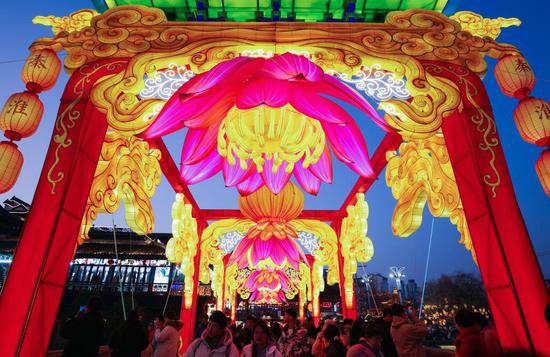

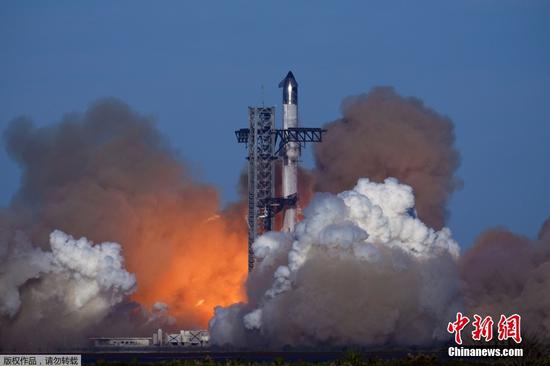
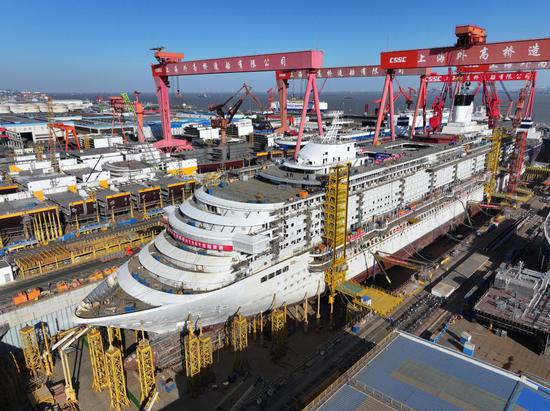
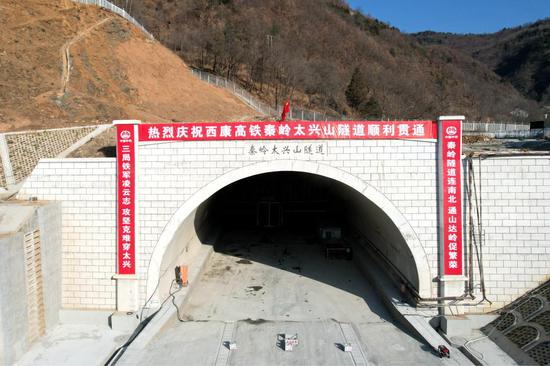
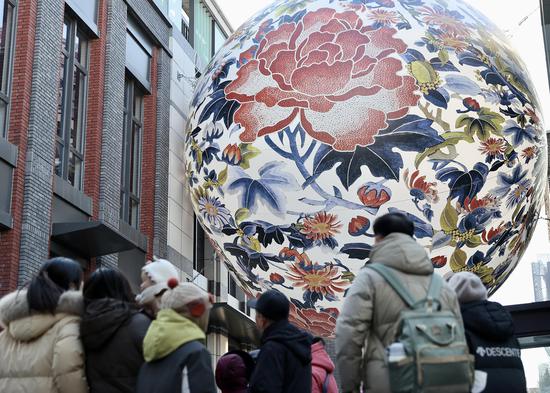

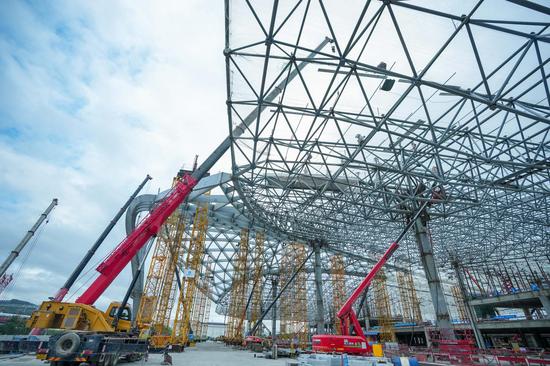

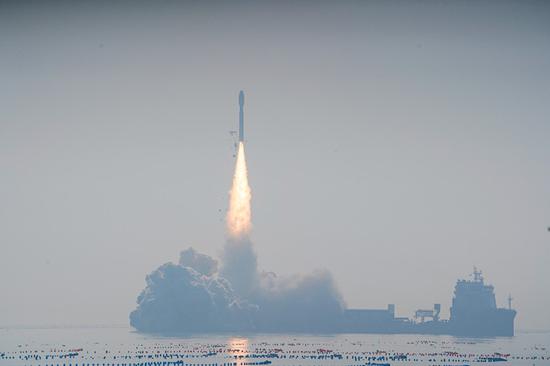
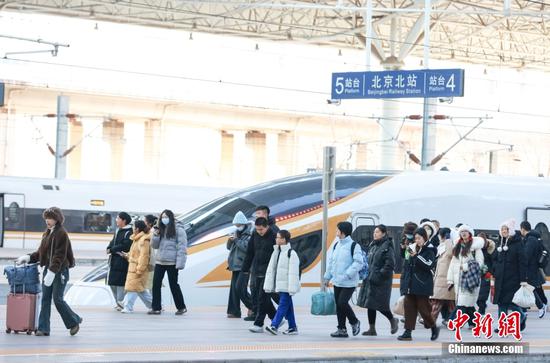



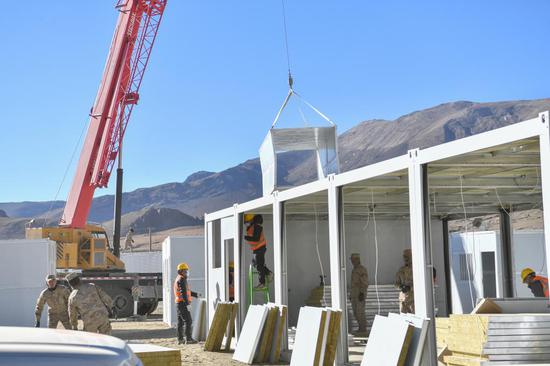



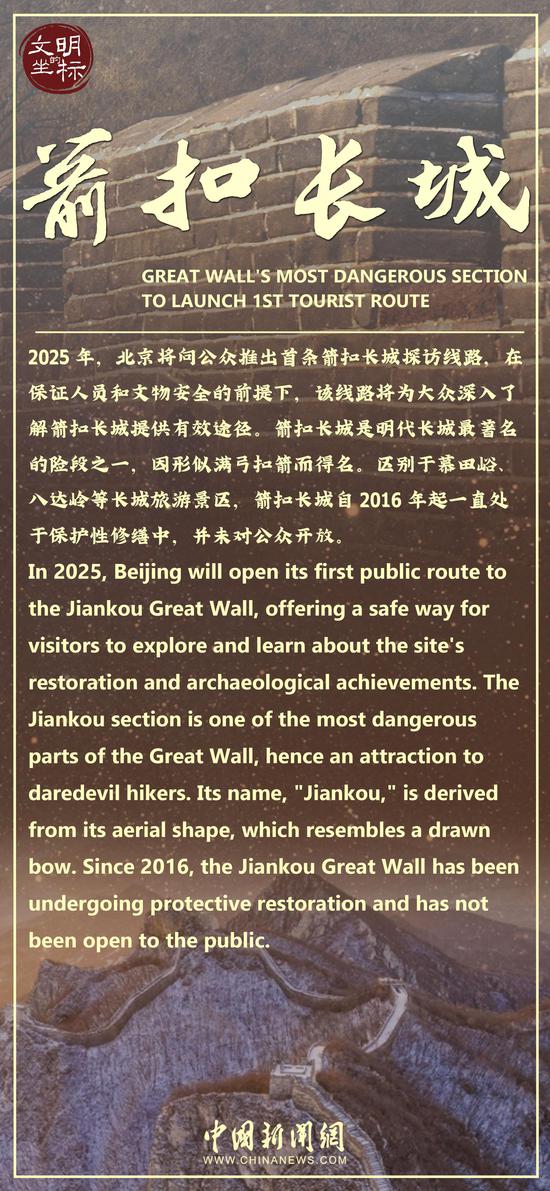




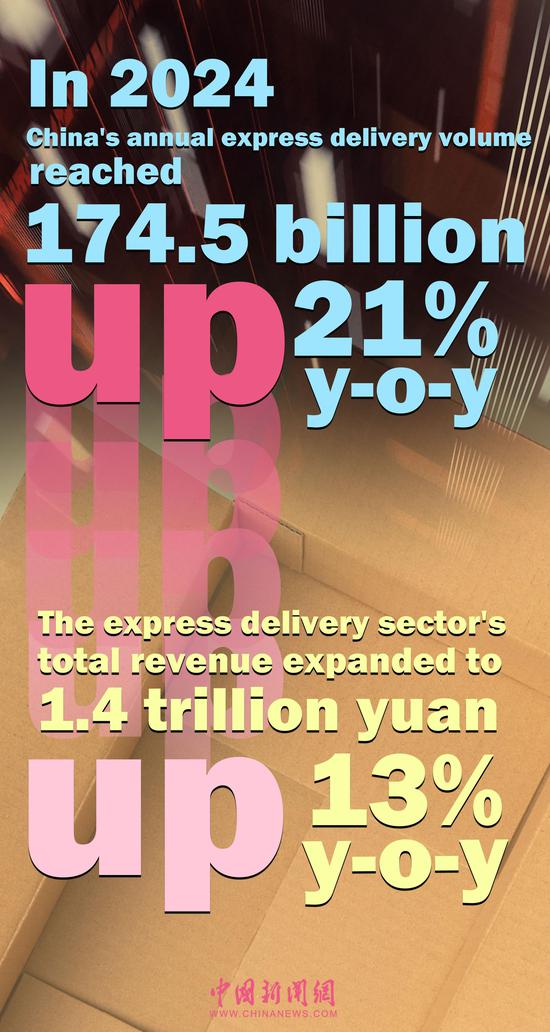


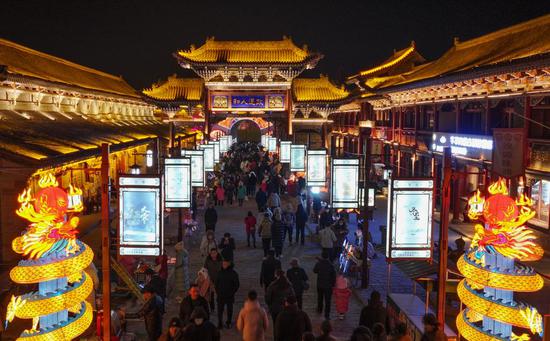





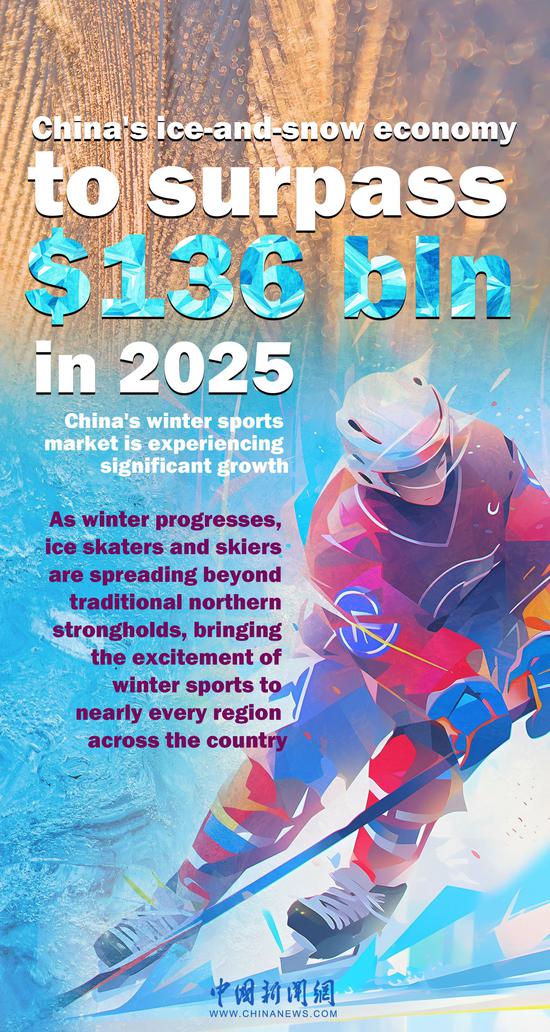








 京公网安备 11010202009201号
京公网安备 11010202009201号